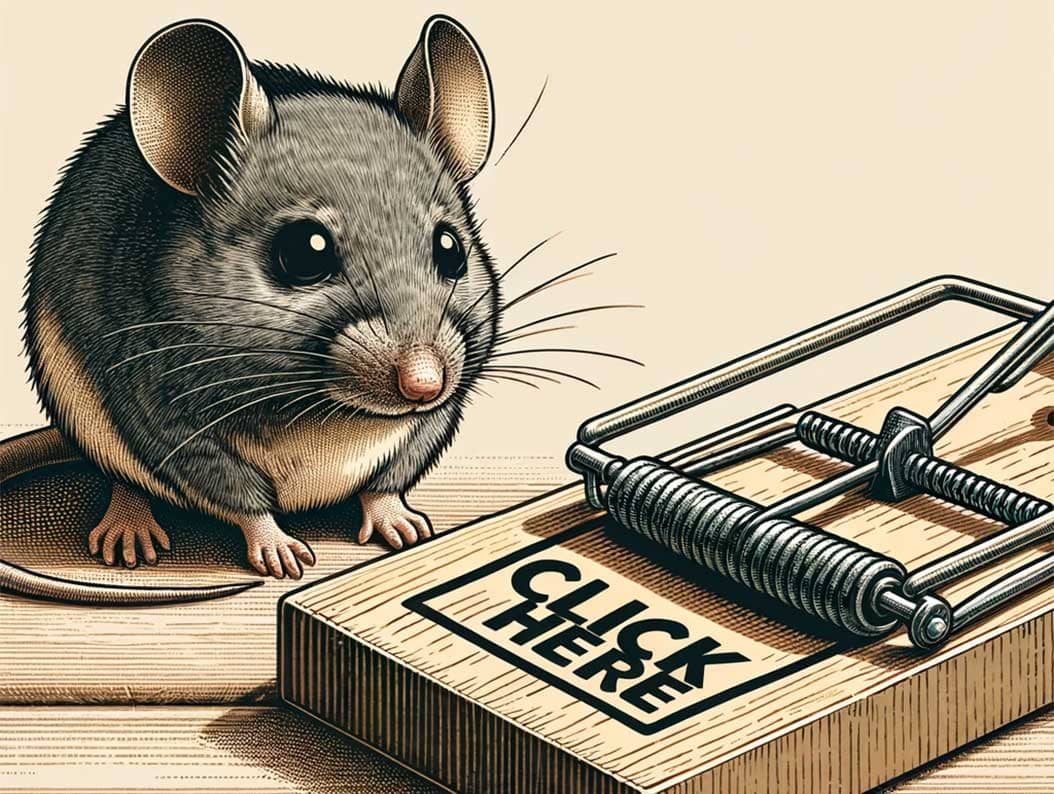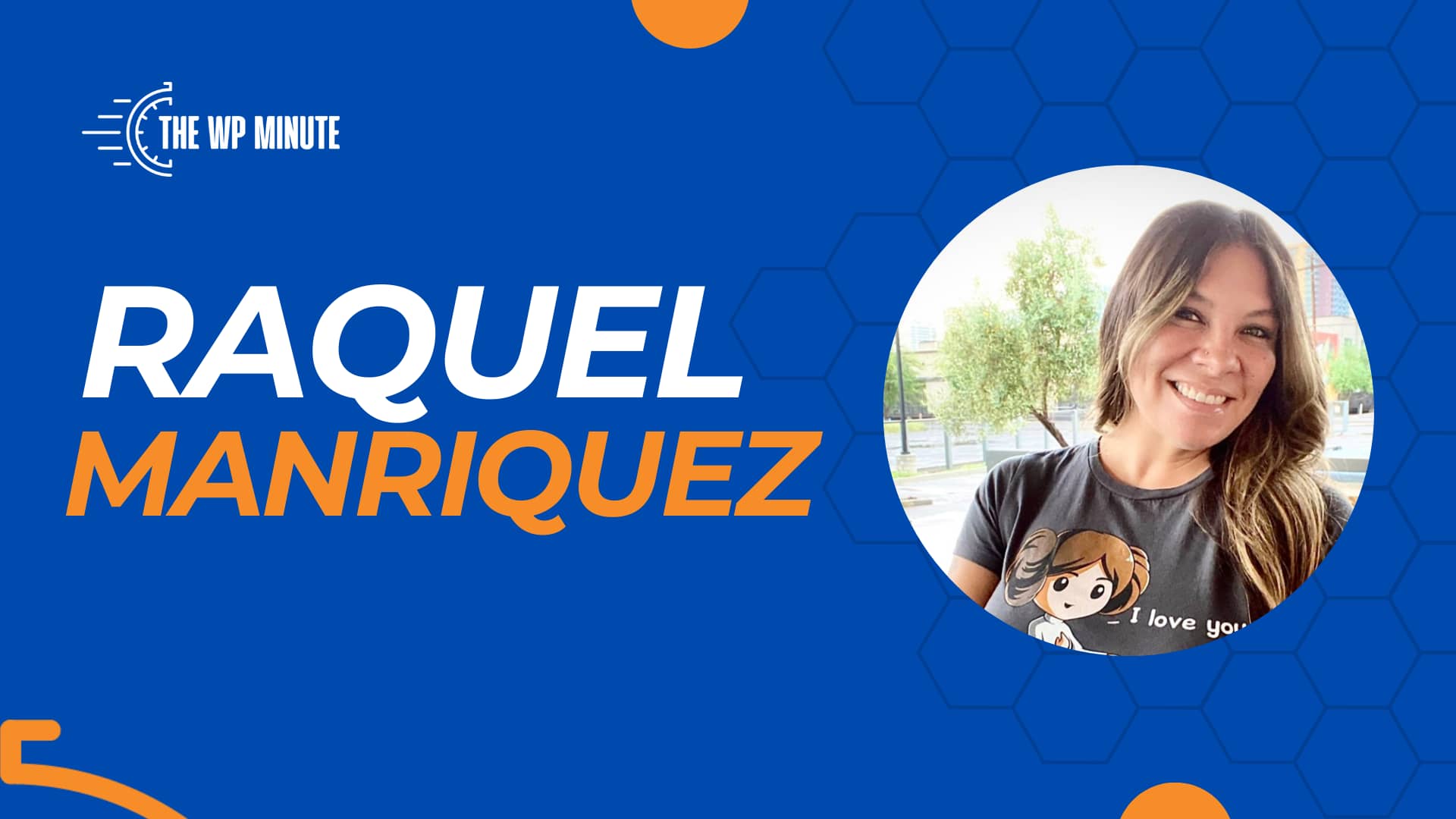WordPress’s popularity has fostered a large community. They’re a dedicated group that takes great interest in what’s happening. They focus on developments within WordPress core and its ecosystem of third-party tools.
The community is diverse. Thus, you’ll get many different points of view shared on blogs and social media. People speak from their knowledge and experience. They care about what happens. And yes, there are a lot of debates.
There is also a lot of timely and helpful content. It’s how I’ve learned about many a great product or feature. As a content creator, I respect the work members put into this. It’s a unique aspect of the WordPress community.
I’ve also noticed that helpful content doesn’t always get attention. At least, that’s not what gets us talking. We more often talk about content designed to provoke a reaction. You know, clickbait.
That’s not unusual. Clickbait continues to exist because we humans fall for it. However, it comes at a cost to the WordPress community.
Let’s look at how this content impacts us. It might be more than we realize.
The Content That Triggers Us
There is no shortage of hot topics for WordPressers to discuss. It could be something that project co-founder Matt Mullenweg said. Or perhaps someone posted a verbal takedown of Gutenberg. We can’t forget about the unhappy contributor who spills the beans. Oh, and there’s always a rant about which page builder is better.
The more controversial the opinion, the more eyeballs are watching. The more we are compelled to take sides. To quote the classic Soul Asylum song: “Nothing attracts a crowd like a crowd.”
Some critiques are fair. And venting can be a healthy exercise. Things can quickly take a turn for the worse, however.
Before we know it, the conversation becomes counterproductive. People argue for argument’s sake. The result is a burned-out community.
Again, this is nothing new for the human species. We’re just as apt to do the same in politics, sports, and other areas of life.
The shame of it is that we all want the same thing: a great content management system (CMS) to power our ideas. Being baited into an argument is unlikely to help.
How Clickbait Creates a Negative Perception of WordPress
WordPress may come out looking bad if one focuses solely on the headlines. That leaves a lasting impression on the public.
Longtime community member Joost de Valk recently wrote about media coverage of WordPress security. His take is that informing the public of security flaws is a positive. However, sensational headlines often blow things out of proportion.
A relatively small flaw can seem like a massive threat, for instance. Many of us don’t look past the initial statement. Thus, we’re left to believe the software is insecure. The narrative still lingers despite efforts to debunk it.
The same principle applies to tools and people. An over-the-top opinion makes it easier to rush to judgment. Its author speaks with such force and certainty. It leads some of us to forego any nuance in the discussion. Everything is either good or bad – there is no in-between.
The results are cumulative. Community members become fatigued by the “drama”. Outsiders see a chaotic situation and decide to stay away.
This damaged morale can lead to less participation. It may be the difference between someone picking WordPress for their next project. Or it could lead someone to leave the community altogether.
Those of us who depend on WordPress lose out. That’s to say nothing of the project’s health and sustainability.
Learning to Look Beyond the Headlines
I’m not immune to this behavior. I’ve added my two cents to these debates – and regretted doing so. I usually end up feeling like I wasted my time.
So, what’s the solution? I’m challenging myself to step back and think. And to remember that there are two sides to every story. Neither may be so cut and dry.
It’s also worth looking beyond the headlines – or that inflammatory social media post. What’s the real issue at hand? Why are people reacting to it in a certain way? Is someone just playing us? The subject likely goes much deeper.
The idea is to avoid a rush to judgment. Just because Person A says Gutenberg is trash doesn’t make it so. There’s no need to throw the baby out with the bath water.
Maybe that person was frustrated with a specific feature. Sometimes, that’s communicated as a rebuke of the entirety of the tool. With that, I guess there’s no need to remove blocks from the next version of WordPress.
As for people, that’s also a nuanced subject. All of us make mistakes. We don’t always recognize them right away. A little time and guidance can help us better understand any harm we’ve caused.
No, not every person or tool is redeemable. But perhaps redemption should be our first line of action. If we fail, so be it. Trying to understand is never a bad thing, though.
Go ahead and Click. But Don’t Forget to Think.
Clickbait offers us a hit of dopamine. We see a provocative headline and can’t wait to find out more. Except that we don’t always follow through. Or at least I don’t.
That initial rush of energy tends to wear off quickly. I become lazy and assume that the headline tells me everything I need to know. This behavior extends beyond WordPress.
WordPress may be a great place to break that habit, though. We all benefit from it – however imperfect the software. It’s worth our time to be patient and think clearly about its direction.
We should also hear what others have to say. That’s particularly important if they disagree with us. There’s an opportunity to learn. However, it’s on us to make up our minds. Bold proclamations alone shouldn’t do that for us. They should inspire us to think a little harder instead.
Join The Newsletter
Get your favorite 5 minutes of WordPress news for busy professionals every week — 100% Free! Join the WP Minute Newsletter below 👇






